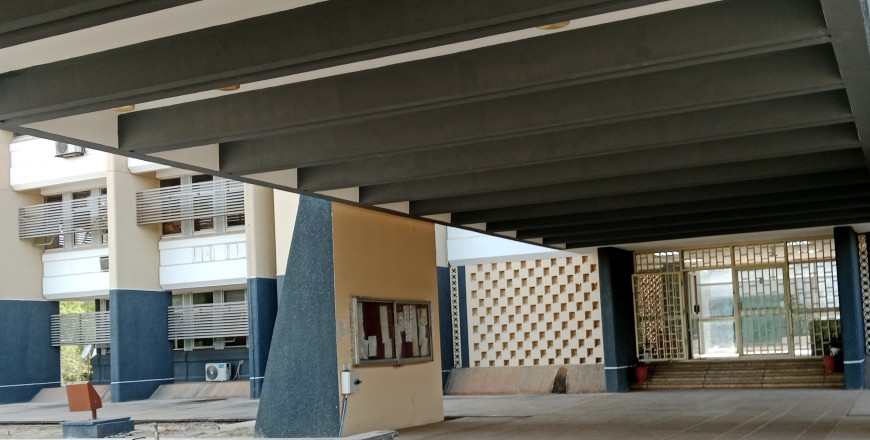Benue determined to improve nutrition for children, nursing mothers — Official
Benue state government Wednesday reaffirmed its commitment to improving nutrition, particularly among children and nursing mothers.
Top government officials in the state, including Director General of the Planning Commission, Jerome Andohol, Head of Service Moses Agbogbo-Ode, Mrs. Grace Ashi Wende, Execute Secretary, Primary Healthcare Board and Commissioner for Education and Knowledge Management, Pastor Frederick Lanshima Ikyaan, stated this during a visit from the Civil Society Scaling-Up Nutrition in Nigeria (CS-SUNN), aimed to better nutrition policies, including extending paid maternity leave from three to six months.
Prof. Andohol, said the state has made significant progress in addressing nutrition issues, with a focus on budget allocation and policy implementation. Andohol commended the organisation for its efforts in promoting nutrition policy in the state. He stated that Benue is willing to invest in nutrition issues and it has made significant progress, but requires key drivers to sustain the momentum.
The Head of Service, Moses Agbogbo-ode, stated the importance of extended maternity leave, suggesting that one year would be ideal to support breastfeeding and address prevailing challenges in the state. He pledged to collaborate with the commission to achieve the advocacy goals.
Commissioner for Education and Knowledge Management, Frederick Lanshima Ikyaan, highlighted the alarming rate of exclusive breastfeeding in the country, standing at only 29%. He said the decision for the advocacy was apt and needed the support of all government officials for prompt implementation in the state. He also stated that he was willing at anytime to add a voice and fully supports increase from three to six months of paid maternity leave for nursing mothers.
Mrs. Wende who also spoke during the visit to her office noted that the state’s policy aligns with the program, and primary healthcare falls closer to the grassroots, where women and children are being managed.










